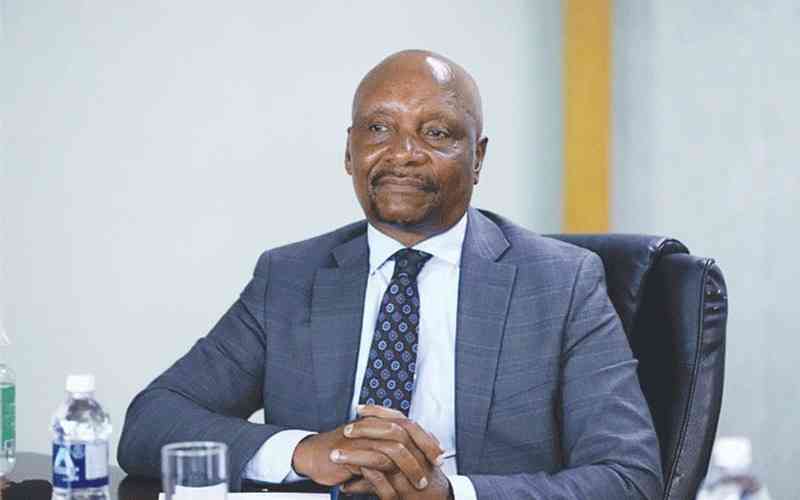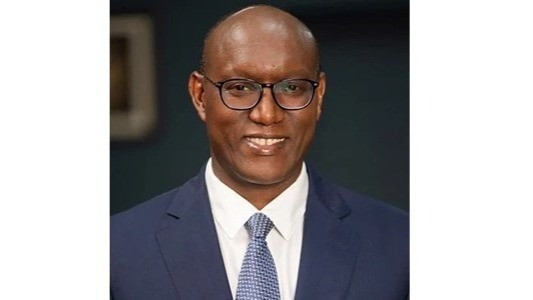
My purpose in this discussion is to provide objective analysis of Emmanuel Fundira firing, unbiased by personal opinions or allegiances. I draw a lot of my contribution from heuristics and experience, having been a CEO, director and chairperson of government and non-government companies in forestry, lumber and furniture manufacturing, international marketing and retailing, mining, social security, healthcare, manufacturing, tourism, local government, lecturing and advocacy — over a period spanning 30 years.The dismissal of directors without cause is rampant in state firms.That there have been cases where CEOs or directors of government companies were removed outside the law or without proven cases of misconduct is beyond contradiction. I present my case when I exited Allied Timbers Holdings in 2015 as group CEO — as one of many colleagues who accepted this reality with humility, largely informed by the need to avoid embarrassing the Government of Zimbabwe in the courts.Conventional wisdom suggests that dismissals of directors must follow procedures set out in the Companies Act or the Labour Act for private companies. Actions by ministers — arguably outside the law — undermine trust in government companies and the Public Entities Corporate Governance Act.The government’s Corporate Governance Unit (CGU), without hesitation and with utmost speed, is in my view empowered to stop the removal of directors and CEOs without a fair hearing or opportunity to defend themselves. The reality is that the CGU has tended to act like an aunt who prescribes a concoction to a newly-married woman, but “ignores watchfully” when the concoction fails to work.Common belief is clearly not being followed with concomitant action by all. Ironically, removing any government employee in the manner Fundira was fired does not happen to government employees at all.Arbitrary removals also invariably create instability and undermine the effectiveness of government companies. There are some colleagues who have experienced these arbitrary removals and no longer accept to sit on the boards of state firms. I am of the view that 100% of board overhauls are truly nefarious in the absence of compelling reasons. This must not be the case.We must choose the best men or women with specialist knowledge and experience in a particular field. The golden years of Alford Mabhena at the National Railways of Zimbabwe (NRZ), Anthony Mandiwanza at Dairibord, and Gideon Gono at CBZ, not only inspired persons such as myself to enter the corporate world, but showcased some of the few placements where leadership, technical skills and national interest informed appointments — outside race, tribe or totem.The sad inertia at NRZ, Air Zimbabwe and Cold Storage Company (among others) — plus multiple board appointments of the same favoured “elites” in fields outside their experience — portrays the general malaise in state-owned companies.Sadly, this has manifested in key performance metrics going down in a shocking and unexplainable stampede to the bottom. How do we justify appointments of board chairmen from legal backgrounds with no business leadership record — or politically correct but incompetent persons without national leadership or experience in a given sector? Is this not why most state-owned firms are in a comatose state — or in what we call in forestry a DDD mode: Diseased, Dying, Deformed?We have also seen a new generation of boards failing to make painful but necessary strategic and tactical decisions — for the sake of avoiding controversy in order to ensure long continuity. In the meantime, the state-owned enterprises (SOEs) are collapsing. Able, unfazed and focused leaders — as discerned from Fundira’s “stabilising” stint, as conceded by Energy minister Edgar Moyo — become short-lived. Zimbabwe Inc. is regrettably not getting a correct value proposition from these shenanigans.There has also been a new trend of appointing career politicians to positions where urgent commercial turnarounds are needed. To the best of my knowledge, no single successful turnaround has been achieved by a politician as chairman of a state-owned firm — in terms of enhanced profitability, improved liquidity, balance sheet growth or sales volume increases.Appointing a politician to the board of a state-owned company — where the minister in charge may be junior to the politician — is also problematic. That seniority creates conflicts of interest, potentially undermining the minister’s authority and decision-making capacity. Political seniority leads to undue influence over the minister and weakens their ability to make independent decisions.Such appointments raise concerns about the governance structure and accountability of state-owned companies, which potentially impacts effectiveness and transparency. The appointments are always perceived as nepotistic or favouritist, potentially damaging the reputation of the state-owned company and the government.The absurdity of such an appointment also depends on the specific context — including the politician’s role, the minister’s responsibilities, and the company’s governance structure. I wish to repeat that this has never worked — for state-owned companies, employees or general viability. Appointments should be made based on merit, expertise, and clear governance guidelines to maintain transparency and accountability.Best practices for removing directorsIn terms of corporate governance, Zimbabwean law requires that directors and CEOs be held accountable for their actions. The Companies and Other Business Entities Act provides for the removal of directors by special resolution, while the Labour Act outlines procedures for terminating employment contracts.Government companies must also operate within the law and adhere to established procedures. Directors and CEOs should be held accountable for their actions through transparent and fair processes. They should also be treated fairly and given due process before being removed.Removing a chairperson outside the law and without proven misconduct has serious consequences for corporate governance and the rule of law in Zimbabwe. Imagine working for anyone, in any known part of the universe, without knowing when you will be fired — even when both parties believe you are doing well.This uncomfortable state of affairs is a sort of creative entropy meant to make boards and excitable chairmen pliable to the appointing authority — hence the seemingly difficult task of turning around government companies in cases where the minister has his views, while the board presumably holds superior logic borne out of coalface realities.It is my submission that boards are largely removed before their terms expire — en masse — because of the need by appointing authorities to further their personal interest. They are also removed for refusing to toe political decisions not consistent with the objectives of the state-owned firm’s tactical or strategic imperatives for a given time.Some have been removed by new ministers trying to get absolute control. There has also been a propensity to avoid working with confident and decisive boards.Most directors do not challenge apparent transgressions — such as what Fundira has done. The jury is out to determine the practical significance of Fundira’s challenge. But in most cases, where chairpersons or CEOs have done this, they ended up as losers — with no one coming to their assistance. Abundant SOE resources are also blatantly deployed to pauperise or break the director or CEO until they give up or abandon a challenge. I am not a stranger to how this works.Dismissal cruel, illegal, unethicalIt is clear that Fundira has no idea why he is being fired — and that the Honourable Minister is clearly not spelling out the reason for the ouster, nor a compelling reason why a person from local government is considered the best leader to run the National Social Security Authority (Nssa).I wish to state that even on the apparent basis of not affording audience, fair hearing, or failure to cite the dismissible offence that caused the premature termination of Fundira’s contract before its expiry in May 2028, minister Moyo erred.By hearing the other side, Moyo could have gained a more nuanced understanding of the issues at Nssa. This could have helped him challenge his own assumptions — before developing an informed opinion that could have led to the dismissal or retention of the chairman and/or some board members.To err is human. My colleagues from business, who have joined the Nssa board amid this egregious illegality, dishonour business ethics and corporate governance. They do not deserve to represent workers who contribute to the fund.The process taken — as has been done to too many of my colleagues on government companies — is arguably illegal and does not promote the best candidates for directors this country can have. These are, in any event, largely thankless jobs — aggravated by disproportionate misery from ministers acting outside the law and/or for political convenience.Kanyekanye is executive chairperson at Alliance Holdings and former president of the Confederation of Zimbabwe Industries.











